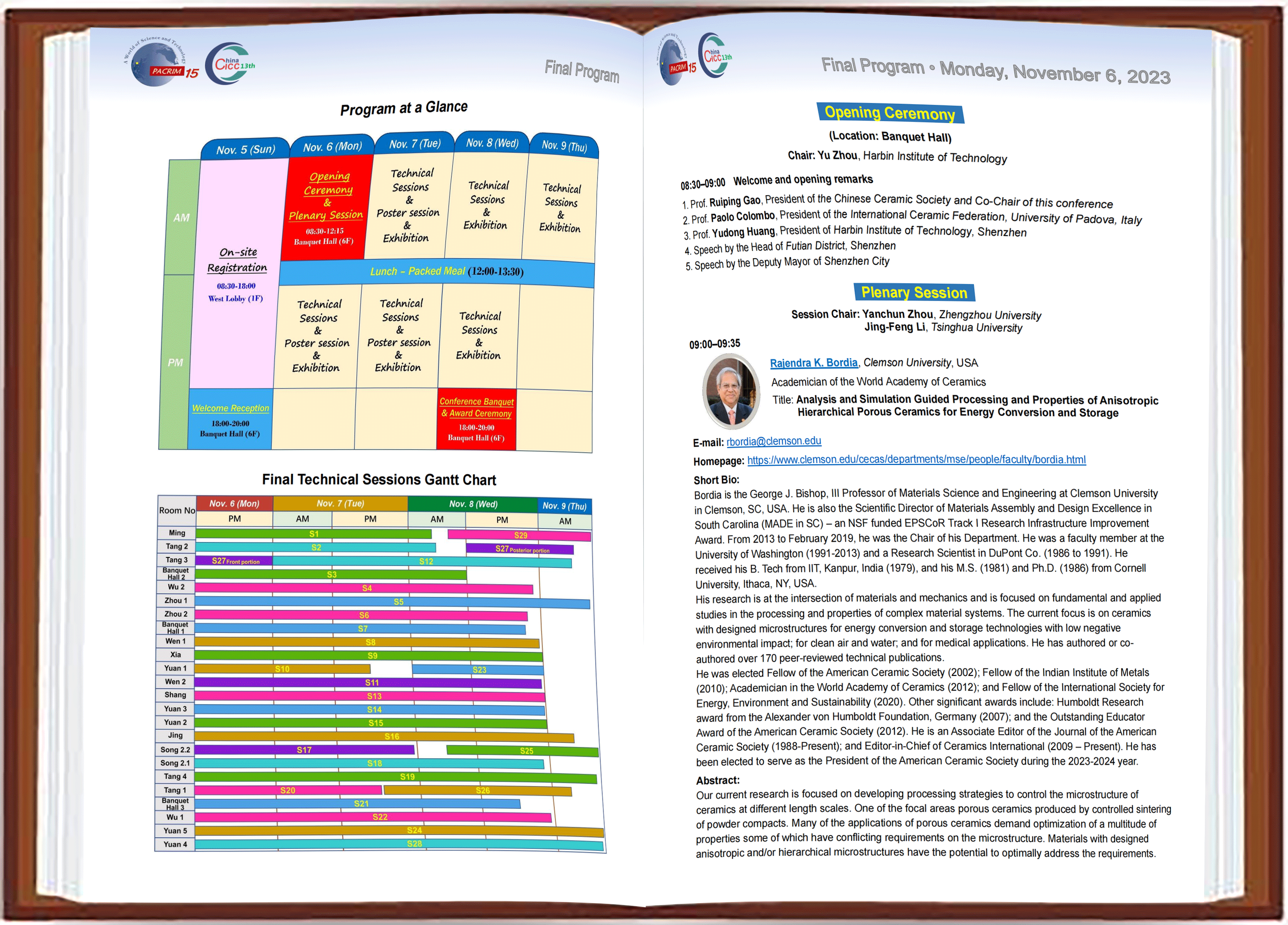Home >Symposium

- Registration is NOW OPEN! The early-bird deadline is Sep. 30, 2023. Please don't miss out on the early registration rate! Aug. 21, 2023
- Abstract Submission has been extended to Aug. 15, 2023! Take advantage of the LAST OPPORTUNITY to submit and present your research at the PACRIM15 & CICC-13!
- 3rd announcement-call for abstracts (full-text version)
- 3rd announcement-call for abstracts (short version)
- 2nd announcement-revised version
Venue & address
Contact us
Symposium 11
High Entropy Ceramics and Composites
High-entropy ceramics, covering a wide range of materials including high-entropy oxides, carbides, borides, nitrides, silicides, carbonitrides and borocarbonitrides, have various applications as structural and functional materials such as coating or high-temperature fields. The aim of this symposium is to provide a forum to exchange research ideas about.
state-of-the-art high-entropy ceramics, and their perspectives or emerging properties, for instance, thermomechanical properties, catalytic properties, ionic conductivity for batteries, magnetic properties, electrical properties and optical properties. The topics will be focused on the key issues to improve our understanding and knowledge of the high-entropy ceramics, as well as their huge development space and potential applications in the electrical, electronic, energy and aerospace industries.
state-of-the-art high-entropy ceramics, and their perspectives or emerging properties, for instance, thermomechanical properties, catalytic properties, ionic conductivity for batteries, magnetic properties, electrical properties and optical properties. The topics will be focused on the key issues to improve our understanding and knowledge of the high-entropy ceramics, as well as their huge development space and potential applications in the electrical, electronic, energy and aerospace industries.
Proposed sessions
| ª | Design rule of novel high-entropy ceramics |
| ª | Modeling and theory computation of high-entropy ceramics |
| ª | The utilization of machine learning in the high-throughput design of high-entropy ceramics ª Advanced processing of high-entropy ceramics |
| ª | Multi-phase high-entropy ceramics and their properties |
| ª | High-entropy ceramics based composites and their properties |
| ª | High temperature properties of high-entropy ceramics |
| ª | High-entropy ceramics utilized for the energy field |
| ª | Future advanced high-entropy ceramics potentially applied in cutting tools, high temperature insulation and nuclear reactor |
Organizers
| - | Yujin Wang (Points of Contact), Harbin Institute of Technology, China, wangyuj@hit.edu.cn |
| - | William G. Fahrenholtz, Missouri University of Science and Technology, USA |
| - | Yanchun Zhou, Zhengzhou University, China |
| - | Guo-Jun Zhang, Donghua University, China |
| - | Jian Luo, University of California, San Diego, USA |
| - | Ji Zou, Wuhan University of Technology, China |
| - | Nita Dragoe, University Paris-Saclay, France |
| - | Luca Spiridigliozzi, University of Cassino and Lazio Meridion, Italy |
| - | Hailong Wang, Zhengzhou University, China |
| - | Bai Cui, University of Nebraska, USA |
| - | Demirskyi Dmytro, Tohoku University, Japan |
| - | Salvatore Grasso, Qeen Mary University of London, UK |
Keynote Speakers
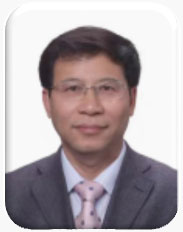 |
|
|||||||
|
and an M.S. in ceramics and Ph.D. in metals from Institute of Metal Research, Chinese Academy of Sciences. He was a visiting scientist at the Institute of Strength Physics and Materials, Russian Academy of Sciences, and a post doc at University of Missouri-Rolla in the 1990’s. He was Professor and Director of High-performance Ceramic Division, Shenyang National Laboratory for Materials Science before moving to Aerospace Research Institute of Materials and Processing Technology in 2010. He became a professor at Zhengzhou University since 2022.
Zhou has discovered more than 20 new ternary carbides and nitrides. His current interests and fields of research are designing, understanding the structural-property relations of damage tolerant ceramics for high and ultrahigh temperature applications. He has published more than 450 papers in peer-reviewed international journals with citations ca 22800 times with H-index of 78.
He has received numerous prizes and awards, and was elected Academician of the World Academy of Ceramics in 2009, Fellow of ACerS in 2010 and Academician of Asian-Pacific Academy of Material in 2013.He served as a member of the Advisory Committee of WAC (2010-2014), and a member of the Nominating Committee of WAC (2010-2014), Chairman of the International Committee of the ECD-ACerS, Chair of Ross Coffin Purdy Award Committee of ACerS (2015). He also serves as Principle Editor of JMR, vice Editor-in-Chief of JMST, Editor of JACerS and J Adv Ceram.
|
||||||||
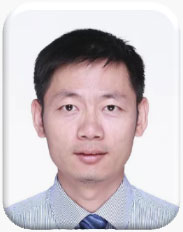
|
|
|||||||
|
deputy dean of School of Materials Science and Engineering of Zhengzhou University. He is also AE of the Journal of the American Ceramic Society and Journal of Advanced Ceramics. His current research interests focus on high entropy ceramics and ultra high temperature ceramics. He has intensively studied the sintering, microstructure, mechanical property, and toughening mechanism of boride ceramics and has published >200 peer-reviewed papers, and be cited over 3500 times, with H-index of 32.
|
||||||||
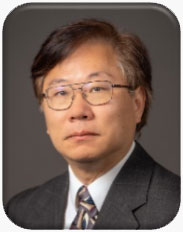
|
|
|||||||
|
one in Materials Science and Engineering and another in Electronics and Computer Technology. After receiving his M.S. and Ph.D. degrees from M.I.T., Luo worked in the industry for more than two years with Lucent Technologies Bell Laboratories and OFS. In 2003, he joined the Clemson faculty, where he served as an Assistant/Associate/Full Professor of Materials Science and Engineering. In 2013, he moved to University of California San Diego as a Professor of NanoEngineering and Professor of Materials Science and Engineering. Luo group’s current research focuses on interfaces in metals and ceramics, high-entropy and compositionally complex ceramics, ultrafast sintering and other novel ceramic processing technologies, high-temperature nanocrystalline alloys, and advanced materials for batteries and other energy-related applications. Luo received a National Science Foundation CAREER award in 2005 (from the Ceramics program) and an AFOSR Young Investigator award in 2007 (from the Metallic Materials program). He was a Vannevar Bush Faculty Fellow (2014) and a Minerals, Metals & Materials Society (TMS) Brimacombe Medalist (2019). Luo is a Fellow of the American Ceramic Society (2016), a Fellow of the ASM International (2022), and an Academician of the World Academy of Ceramics (2021).
|
||||||||
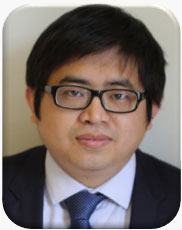
|
|
|||||||
|
Technology for Materials Synthesis and Processing at Wuhan University of Technology. He graduated from Tianjin University in 2006 with a bachelor's degree in materials science and engineering. In 2011, he graduated from the Shanghai Institute of Ceramics, Chinese Academy of Sciences and received a doctorate. In the next eight years, he worked as a postdoctoral fellow and researcher at KU Leuven in Belgium, Stockholm University in Sweden, and University of Birmingham in UK. Prof Ji Zou has been engaged in basic science and industrial applications of boride based structural ceramics and composite materials. He serves as an associate editor of J Am Ceram Soc (2019-) and Int J Appl Ceram Technol (2021-), both journals of the American Ceramic Society. He also serves as an associated editor of Journal of Materials Science &Technology (2020-). He has published more than 100 papers in the field of structural ceramics such as Int Mater Rev, Acta Mater, Scr Mater, JMST, J Euro Ceram Soc and J Am Ceram Soc, which have been cited more than 3800 times.
|
||||||||
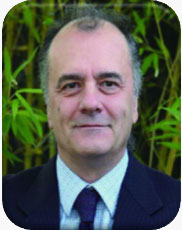
|
|
|||||||
|
Nita Dragoe obtained a PhD from Université Paris-Sud and University of Bucharest in materials science in 1996. He then joined University of Tokyo as JST-CREST postdoctoral fellow from 1997 to 2000 and then as a Lecturer in the Department of Applied Chemistry of University of Tokyo until 2001. From 2001 to 2004 he was Associate Professor in Université Paris-Sud and from 2004 he is a Professor at Université Paris-Sud (which later became Université Paris-Saclay). He had several visiting scientist or professor positions in Japan and China. His interests are related to synthesis and functional properties of advanced materials.
|
||||||||
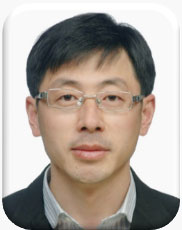
|
|
|||||||
|
of Technology (HIT). He was born in April 1974 in Heihe, Heilongjiang Province, China. He received his BS (1996), MS (1998) and PhD (2002) in materials science from HIT, China. He joined the faculty of Materials Science and Engineering at HIT in 2002. He was a visiting scholar at Department of Aerospace Engineering, University of Bristol, UK in 2008 for four months. In 2013, he was awarded for the program of New Century Excellent Talents in University (NCET) from the Ministry of Education of the People’s Republic of China. In 2022, he was awarded for the program of National High-level Talent from the Ministry of Education of the People’s Republic of China. In 2015, he was appointed as the head of Dept. Materials Science (HIT).
Professor Wang’s research interests focus on Ultra-high temperature materials (UHTMs), such as refractory metals matrix composites, Ultra-high temperature carbide ceramics and high-entropy ceramics, etc. He presided over more than 30 national scientific research projects. Some achievements have been made in high-temperature deformation behavior and toughening mechanism of refractory metal matrix composites, low-temperature densification and toughening of ultra-high temperature ceramics, synthesis of ultrafine carbide powder, and industrialization of ceramic tools. He has won 4 items in total for the first, second and third prizes of provincial and ministerial science and technology awards, 19 authorized national invention patents, published more than 200 academic papers. He has served as one of Committee Members of the Chinese Heat Treatment Society (CHTS) and the Chinese Engineering Ceramics Society (CECS); and the Corresponding Member of International Institute for the Science of Sintering(IISS).
|
||||||||
Invited Speakers
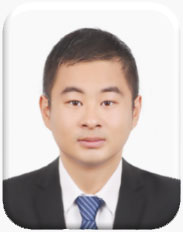
|
|
||||
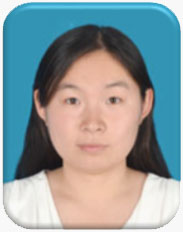
|
|
||||
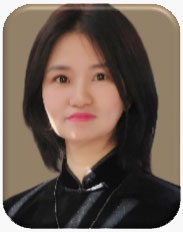
|
|
||||
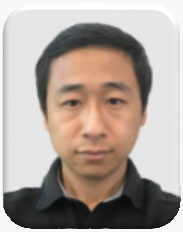
|
|
||||

|
|
||||
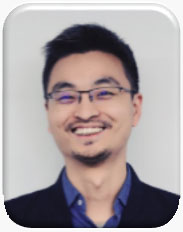
|
|
||||
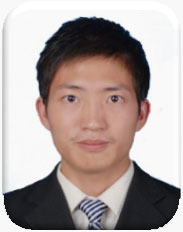
|
|
||||
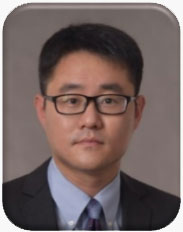
|
|
||||
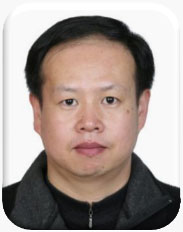
|
|
||||
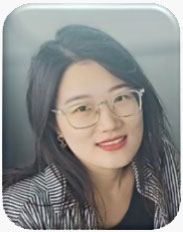
|
|
||||
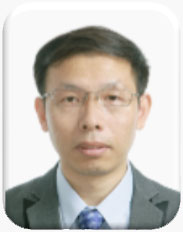
|
|
||||
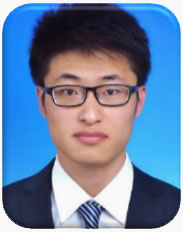
|
|
||||
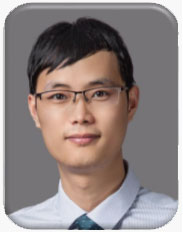
|
|
||||
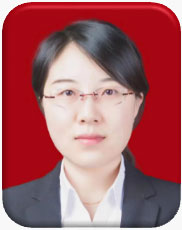
|
|
||||
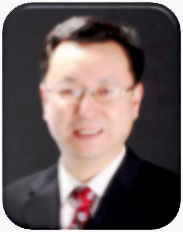
|
|
||||
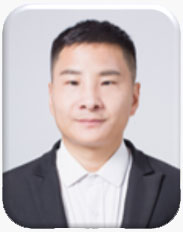
|
|
||||
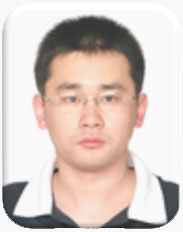
|
|
||||
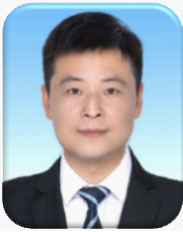
|
|
||||
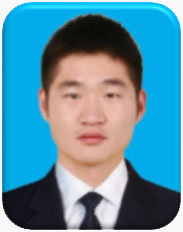
|
|
||||
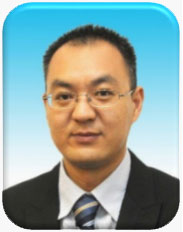
|
|
||||
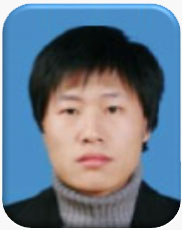
|
|
||||
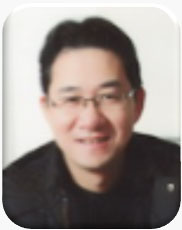
|
|
||||
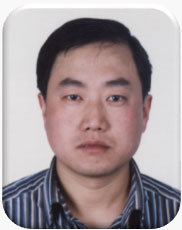
|
|
||||
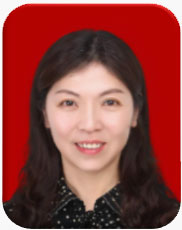
|
|
||||
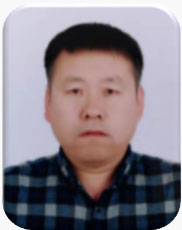
|
|
||||

